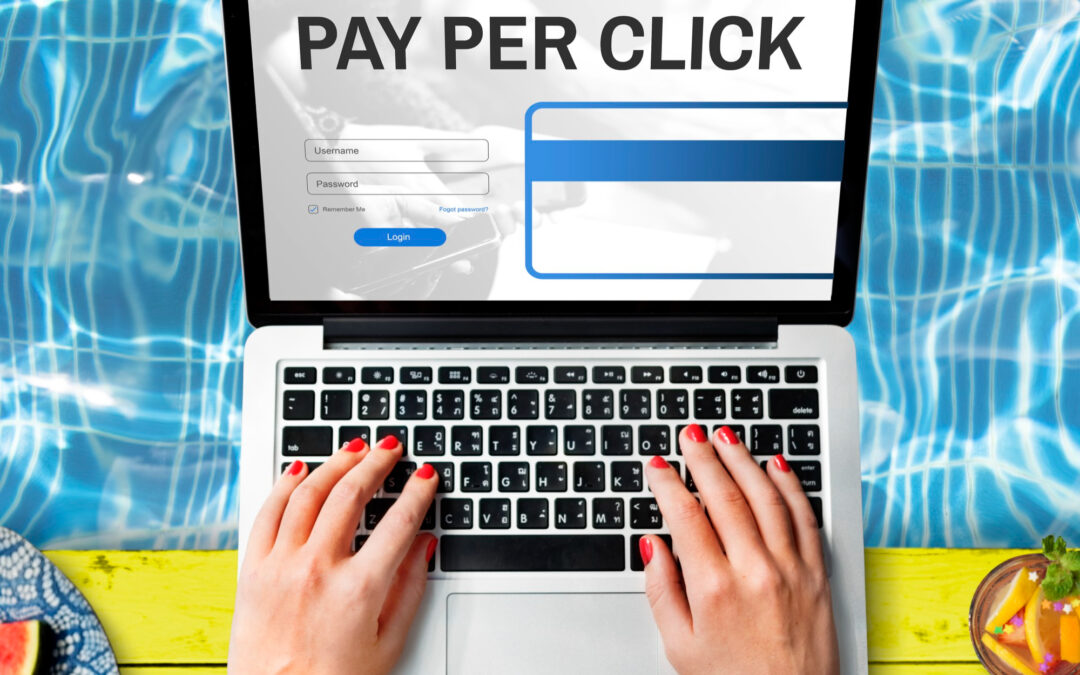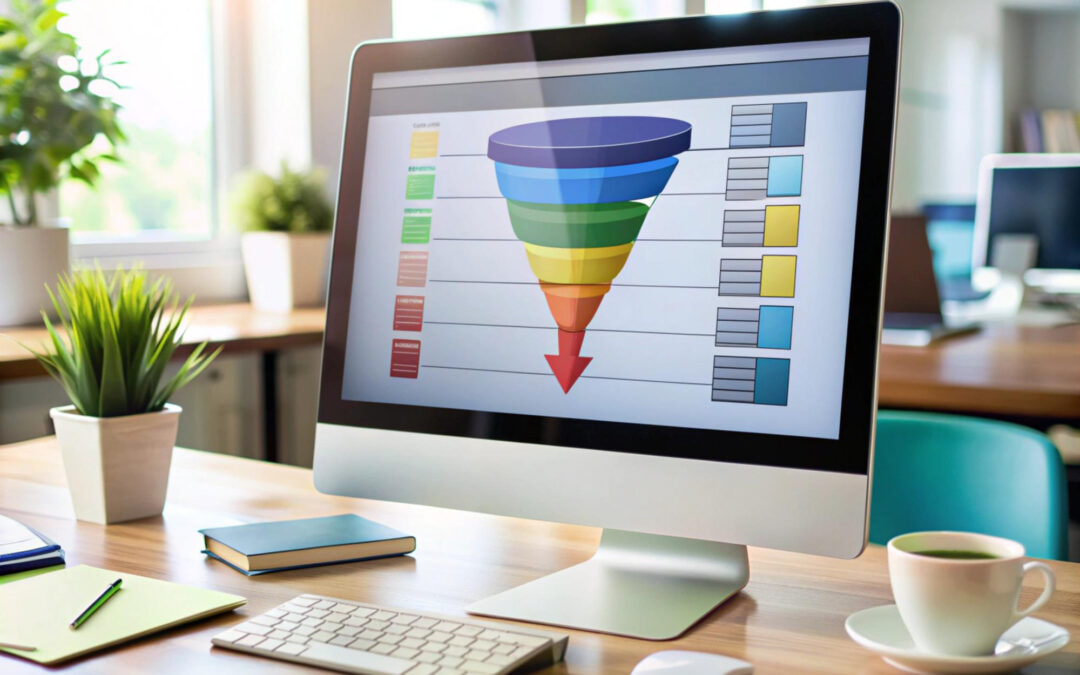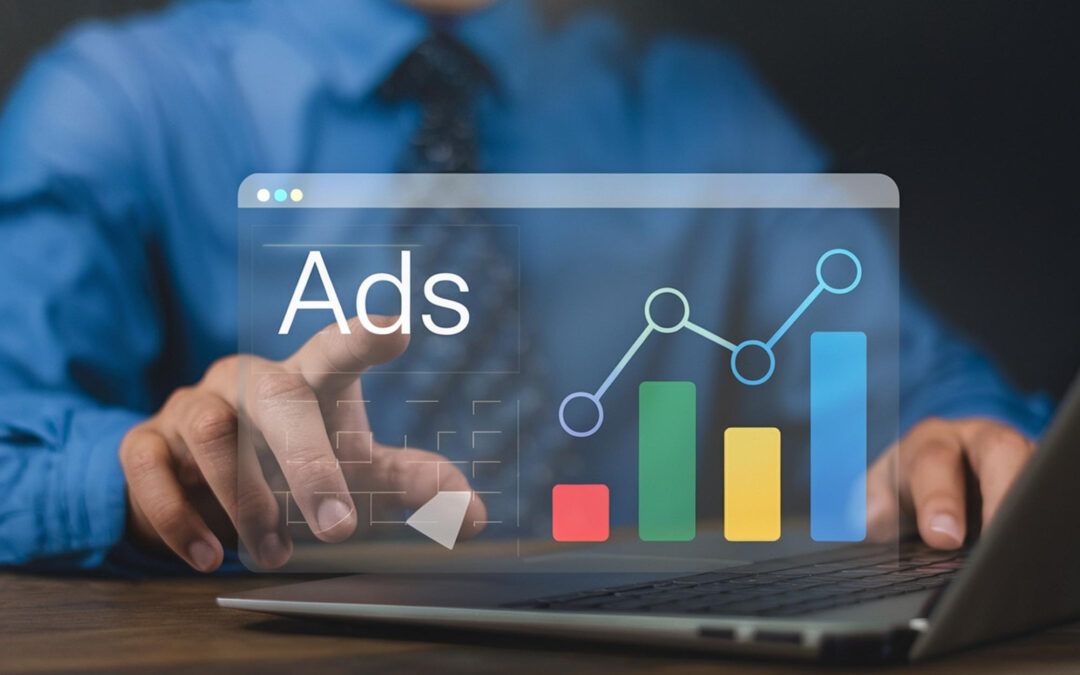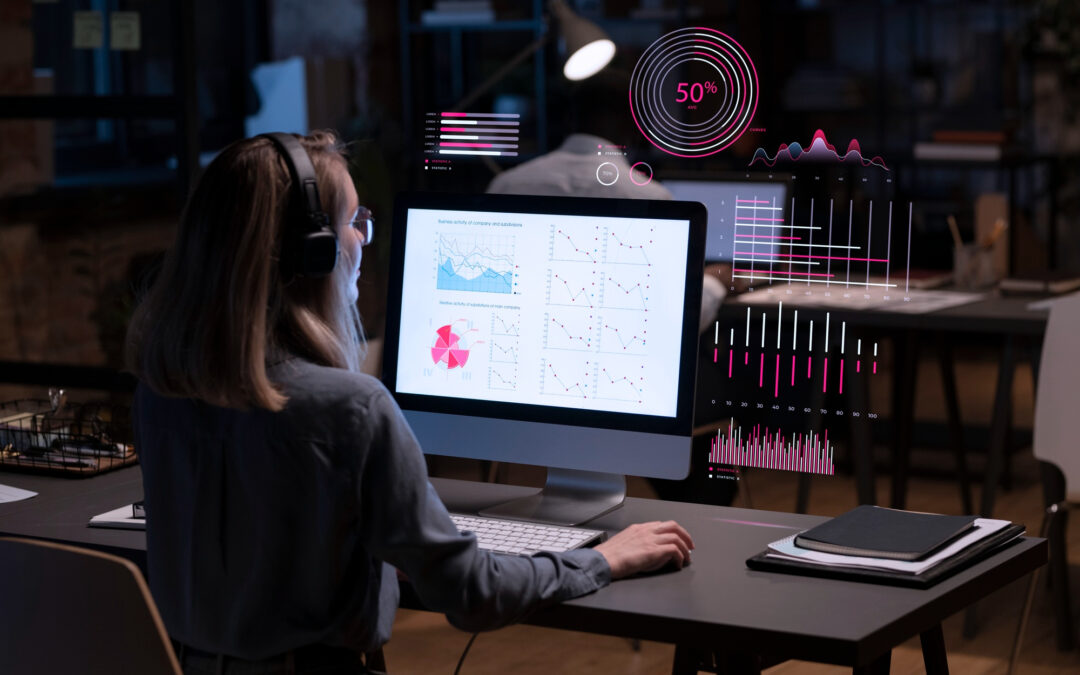Definition of CPC
CPC, or Cost Per Click, is a fundamental term in digital advertising. It refers to the amount an advertiser pays every time a user clicks on their ad. Whether you’re running a campaign on Google Ads, Facebook, or another platform, understanding what is CPC is critical for controlling costs and measuring performance.
In simpler terms, CPC in ads means you’re only paying when someone actually engages with your content—by clicking the ad—rather than just seeing it. This model is ideal for campaigns focused on driving traffic to websites, landing pages, or online menus, making it especially relevant for restaurants looking to boost reservations or online orders.
How CPC is Calculated
Understanding how CPC is calculated is key to managing a cost-effective ad strategy. While the formula may differ slightly by platform, most systems use a bidding model. Advertisers bid on keywords, and the ad platform determines the final CPC based on factors like competition, ad quality, and relevance.
General CPC formula:
Actual CPC = (Ad Rank of the competitor below you / Your Quality Score) + $0.01
This means that even if you bid high, a better-quality ad may result in a lower actual CPC. It’s not just about spending more—it’s about being smarter with how and where you spend.
Influencing Factors
Several elements affect CPC in ads:
- Keyword competitiveness: High-demand keywords cost more.
- Quality Score: Google uses this metric to measure the relevance of your ads, keywords, and landing pages.
- Ad format: Video ads, carousel ads, and story ads may have different CPCs based on user interaction patterns.
- Audience targeting: Narrow targeting can increase CPC due to limited inventory.
- Time and device: Ads shown at peak times or on mobile can have different CPCs.
Optimization
Want to know how to reduce CPC? Smart marketers—and agencies like Strattz—use several strategies:
- Improve Quality Score: Use relevant keywords, high-quality creatives, and optimized landing pages.
- A/B test your ads: Discover which versions perform better and cost less.
- Use negative keywords: Filter out irrelevant clicks that waste budget.
- Refine audience targeting: Focus on high-converting segments.
- Optimize ad scheduling: Run ads only during your audience’s peak hours.
By applying these tactics, restaurant owners can achieve more results with less ad spend—essential for local businesses in competitive markets like Las Vegas.
Importance for Campaigns
So why is it crucial to understand what is CPC in the context of digital marketing?
Because CPC directly affects your Return on Ad Spend (ROAS). If your CPC is too high and conversions are low, you’re wasting money. On the flip side, if you master CPC management, you can drive more qualified traffic to your restaurant’s website, grow reservations, and increase brand visibility—without burning your budget.
For restaurants, this could mean the difference between a fully booked Friday night or empty tables. Whether you’re promoting a new brunch menu, offering a discount, or building hype around your grand opening, a well-optimized CPC campaign ensures that every click counts.
Conclusion
CPC isn’t just a metric—it’s a powerful indicator of how efficiently your digital campaigns are running. When used strategically, it helps restaurants reach the right audience, at the right time, without overspending. Whether you’re launching a new seasonal menu or promoting weekly specials, understanding and optimizing your CPC is key to staying competitive in the crowded online space.
At Strattz, we work with Las Vegas restaurants to fine-tune their ad strategies, reduce unnecessary costs, and turn every click into meaningful customer engagement. With a smarter approach to CPC, your marketing budget goes further—and your restaurant stands out.










